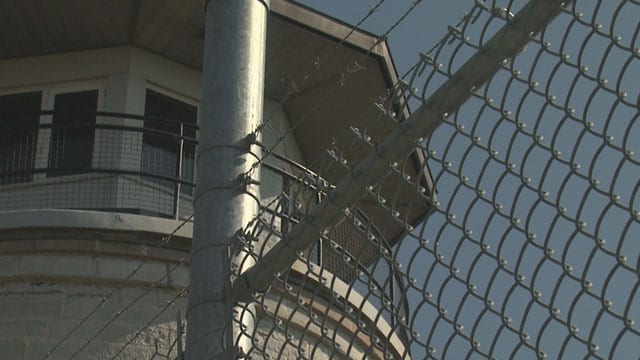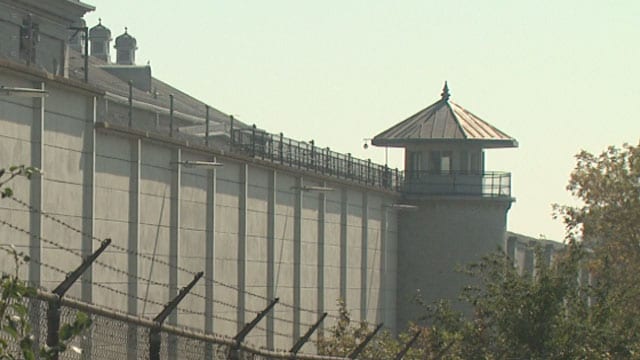

A class-action lawsuit is seeking damages for time spent in solitary confinement on behalf of thousands of inmates in B.C. jails.
The suit, filed last week in B.C. Supreme Court, still needs to be certified by a judge.
If approved, lawyer James Sayce said he will pursue compensation for “lasting and permanent harms” incurred by people subjected to isolation.
“In our view there are international standards which apply to the use of solitary confinement in jails,” he said from Toronto.
“Solitary confinement should be a tool of last resort.”
B.C. Corrections declined to comment for this story but said it intended to file a statement of defence.
“With this matter before the courts, it would be inappropriate to comment further,” a spokeswoman added.
Sayce, of the Koskie-Minsky firm, said B.C. uses solitary confinement for two reasons – administrative or disciplinary.
But, he said, there aren’t “sufficient safeguards” to protect prisoners from being subjected to an abuse of those reasons.
“The prison authorities will often justify the use of solitary confinement in inappropriate means,” he said in a telephone interview.
Solitary confinement, Sayce said, should be used “sparingly” and, for some inmates, not at all.
And when used, “a person should be released from solitary at the earliest possible time.”
Concerns about practice
The lawsuit applies to anyone – male and female – who spent time in solitary confinement while serving a sentence of less than two years in a B.C. correctional facility, Sayce added.
“The harms associated with solitary for those groups, we say, rises to the level of cruel or unusual treatment, which is unconstitutional in this country,” he said.
“People suffering from serious mental illness and people that are young – under the age of 18 – are not properly equipped to deal with the stresses of solitary confinement.”
A large proportion of those inmates would be Indigenous people, like his representative plaintiff Cody Cragg of Vancouver Island, because he said Canada has an “over-representation” of Indigenous inmates at all levels of the system.
Sayce said Cragg was kept in solitary for lengthy periods while serving time at the Prince George Regional Correctional Centre despite being diagnosed with mental health issues.
“It’s our submission he’s a person who should never have been placed in solitary confinement,” he said.
“He’s a person who should have been given treatment in a clinical setting.”
Sayce said solitary confinement is used in all provincial and federal correctional institutions.
He has already certified class-action lawsuits on behalf of inmates subjected to solitary in Ontario and while serving penitentiary time.
In his 2017 report, Canada’s correctional investigator said Indigenous inmates were subjected to segregation more than other inmates – and, at the same time, found the use of segregation declining for non-Indigenous prisoners.
Ottawa has since moved to eradicate the practice in the federal system by tabling Bill C-83.
Sayce noted there is a syndrome associated with time spent in solitary confinement and damages will be higher for prisoners who spent the most time in a cell alone – sometimes up to 22 hours a day – with no human interaction.










Do the crime accept the time
Do the crime accept the time